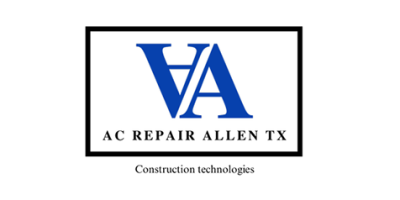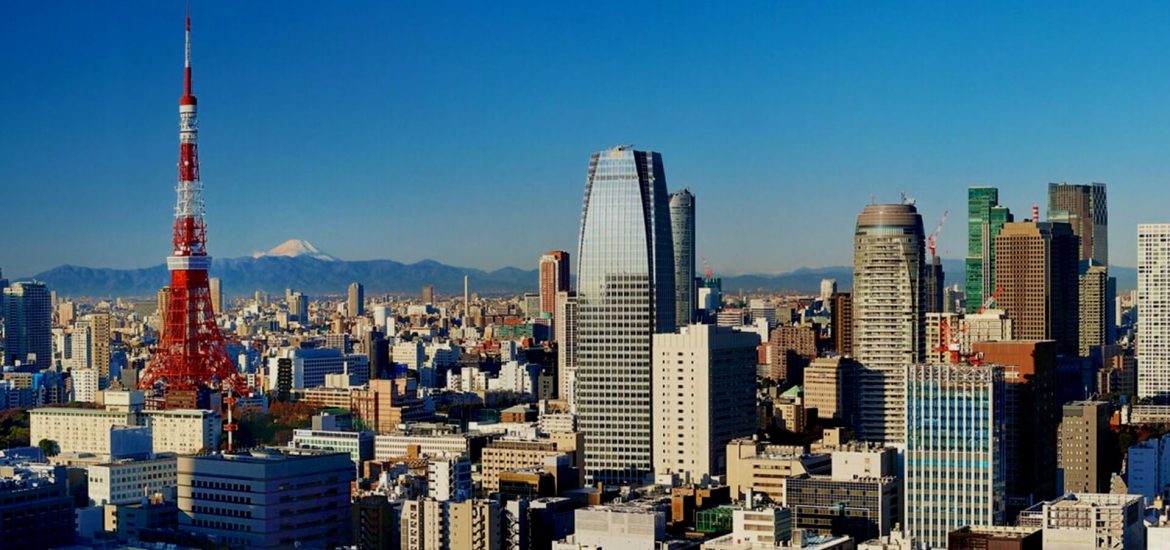Urban centers have been the focus of development for decades. With population growth, increased economic activity, and access to transportation networks, many global cities are becoming hubs of innovation and investment. But with this progress come new challenges in ensuring equitable outcomes for all stakeholders. Big city development is a complex process that requires thoughtful planning and collaboration between citizens, local governments, and business leaders.
One of the major opportunities for developing big cities is access to financial resources. Cities have access to both public and private financing options, allowing them to invest in infrastructure projects and social programs that can benefit their constituents. Big cities are also attractive destinations for businesses, providing a larger market and increased consumer spending potential. Additionally, many global organizations prefer to move their operations to big cities, creating job opportunities and providing economic stability.
Big city development can bring a range of economic and social benefits. Improved infrastructure, such as reliable public transportation systems, new housing options, and revitalized public spaces, can all contribute to improved quality of life for citizens. Increased investment in the local economy can create jobs, provide access to resources, and help fuel business growth. And big cities attract global attention, opening up new opportunities for trade, tourism, and collaboration.

Urban development can also create challenges, such as environmental degradation, displacement of existing communities, and a lack of trust in government agencies. Achieving sustainable growth requires engaging citizens in the process to ensure their voices are heard and that they benefit from the changes. Additionally, increasing access to public services like transportation and affordable housing requires additional investment, and finding the right balance between public and private capital can be a challenge.
Despite these obstacles, big city development offers numerous opportunities for progress. By engaging stakeholders in meaningful dialogue and creating sustainable solutions that benefit all citizens, cities can create vibrant and equitable communities while encouraging economic growth. In addition, with thoughtful planning and collaboration between local governments, business leaders, and citizens, cities can become hubs of opportunity and innovation.
Ultimately, the success of big city development will depend on effective collaboration between stakeholders and a shared commitment to creating equitable outcomes that benefit all citizens. By working together to address environmental degradation, displacement of existing communities, and inadequate access to public services, cities can create vibrant and equitable communities while ensuring economic growth.

